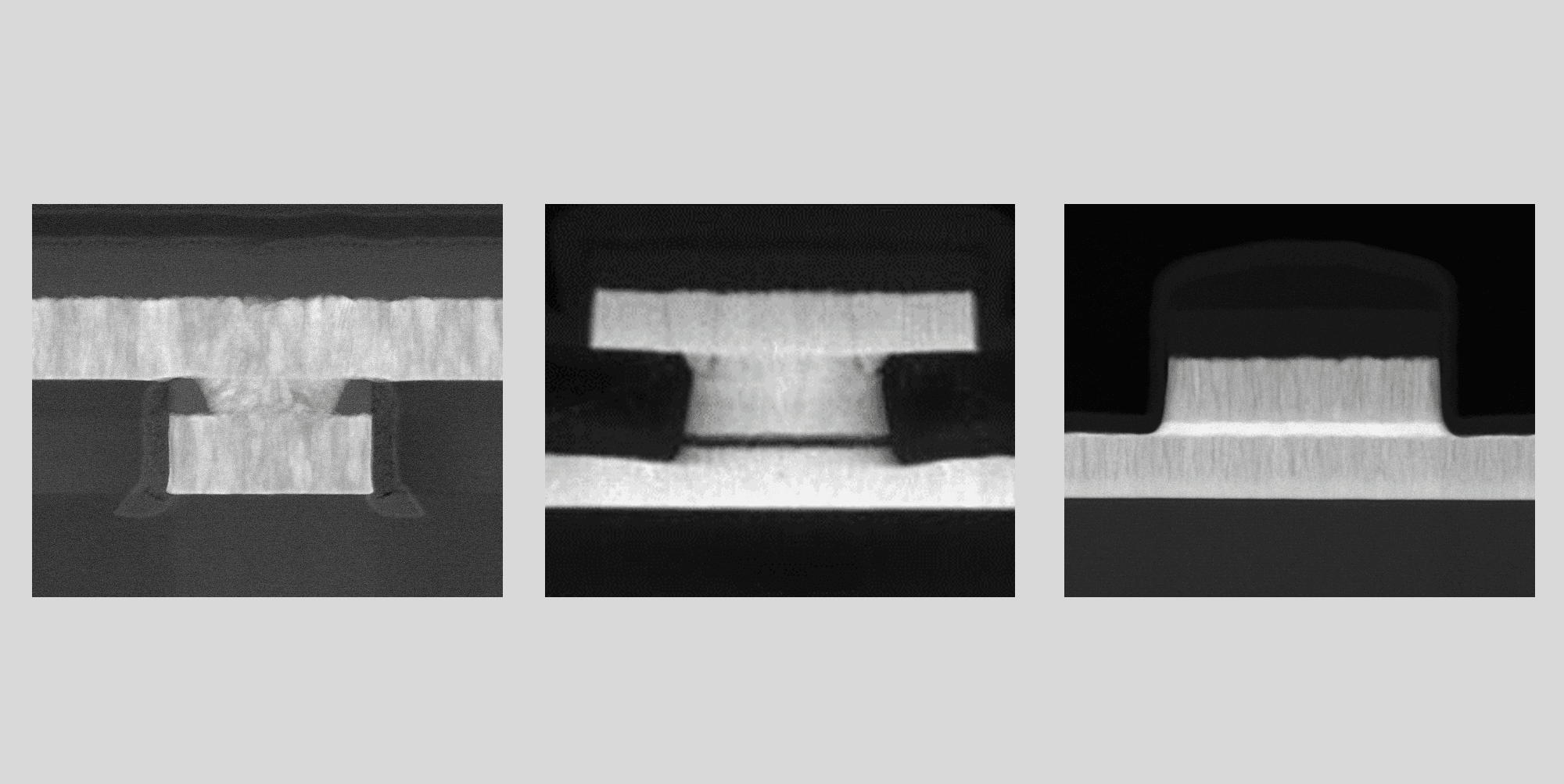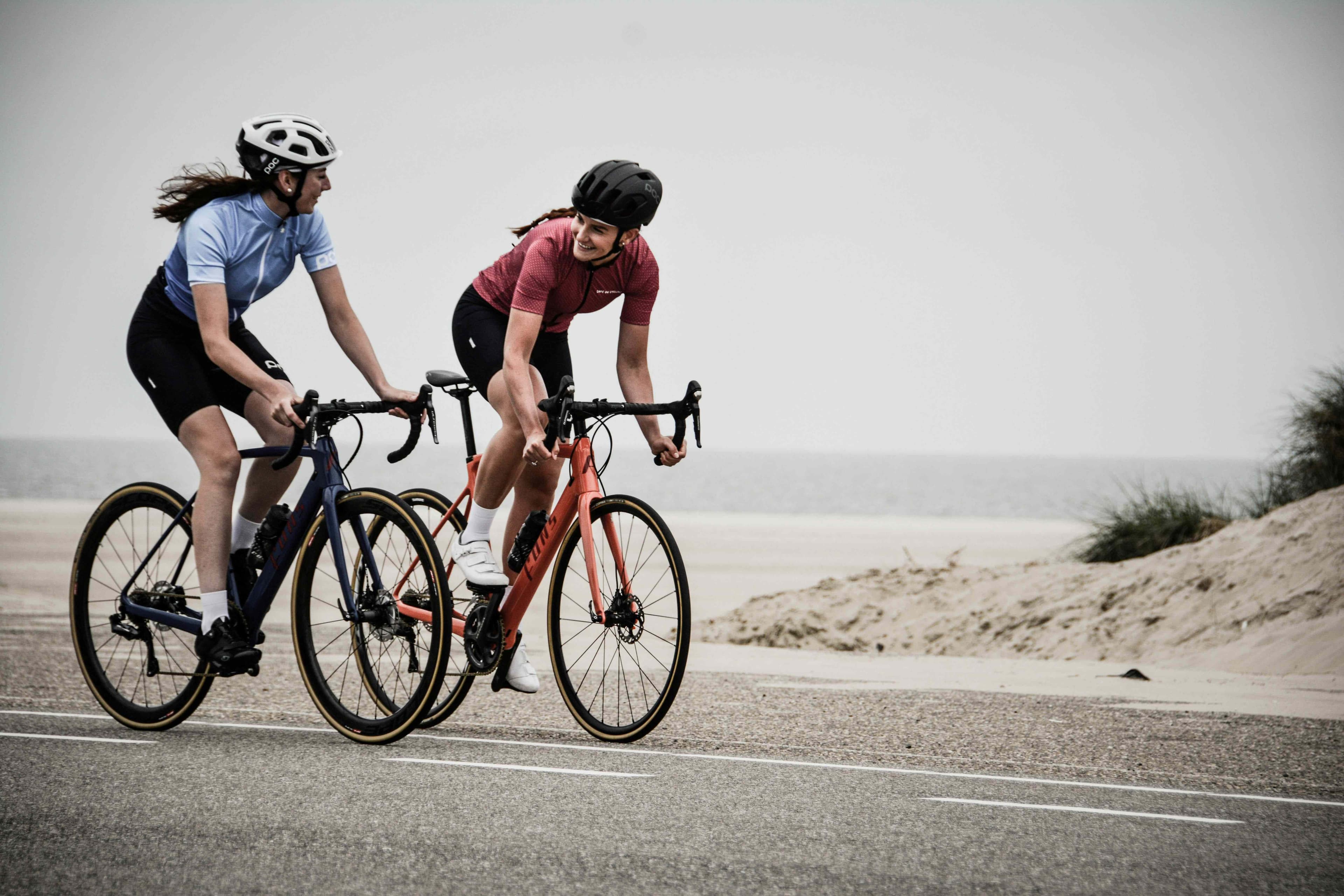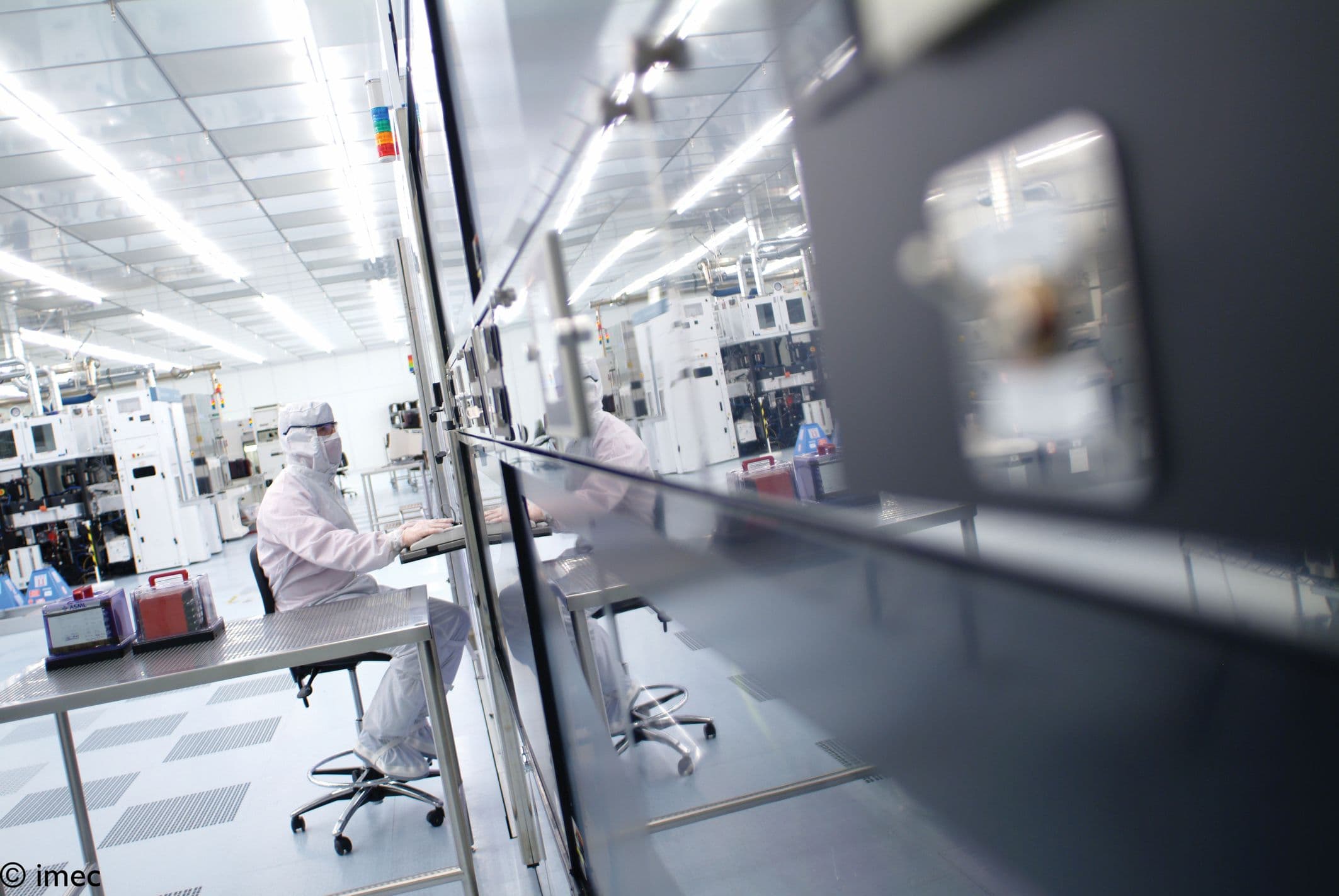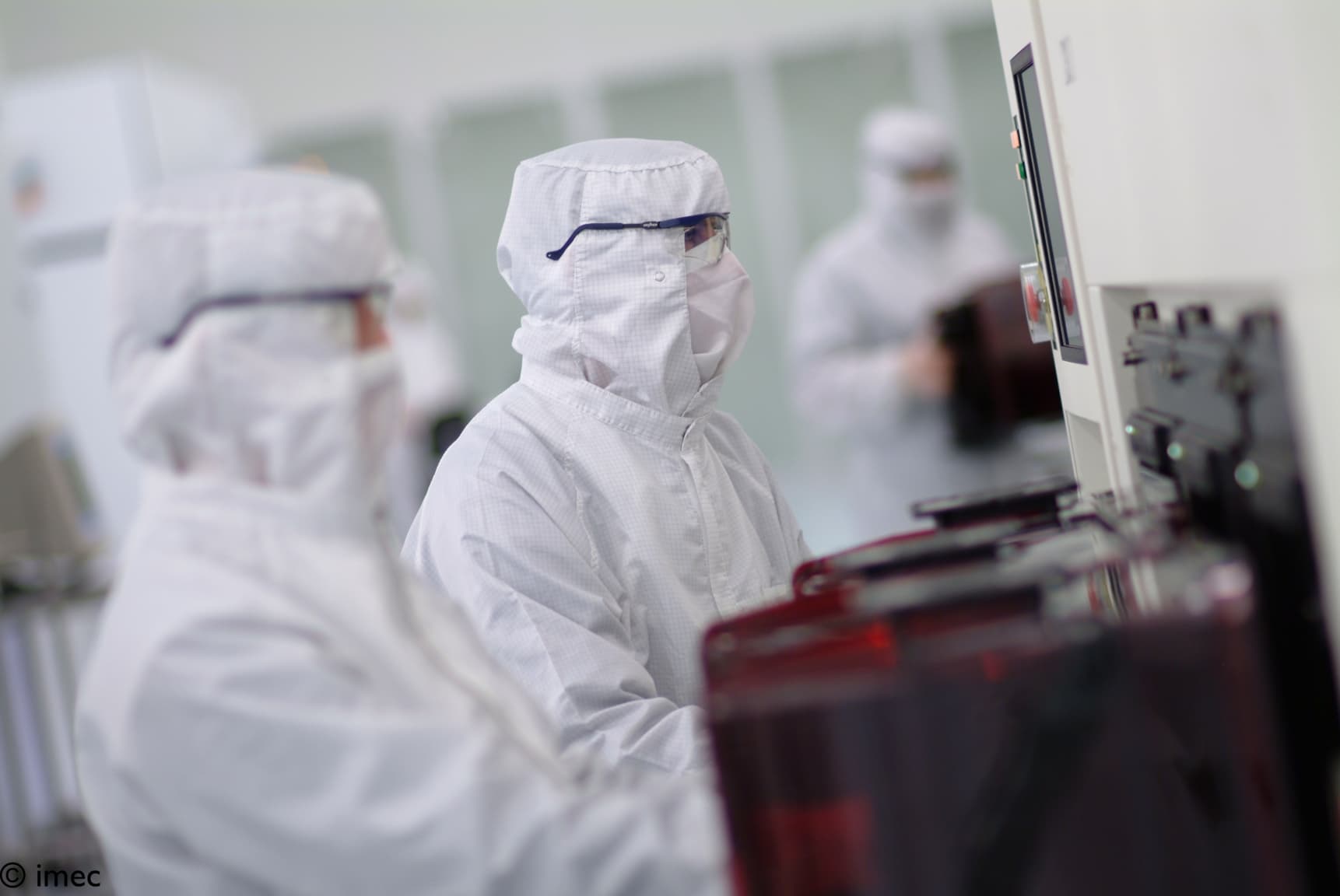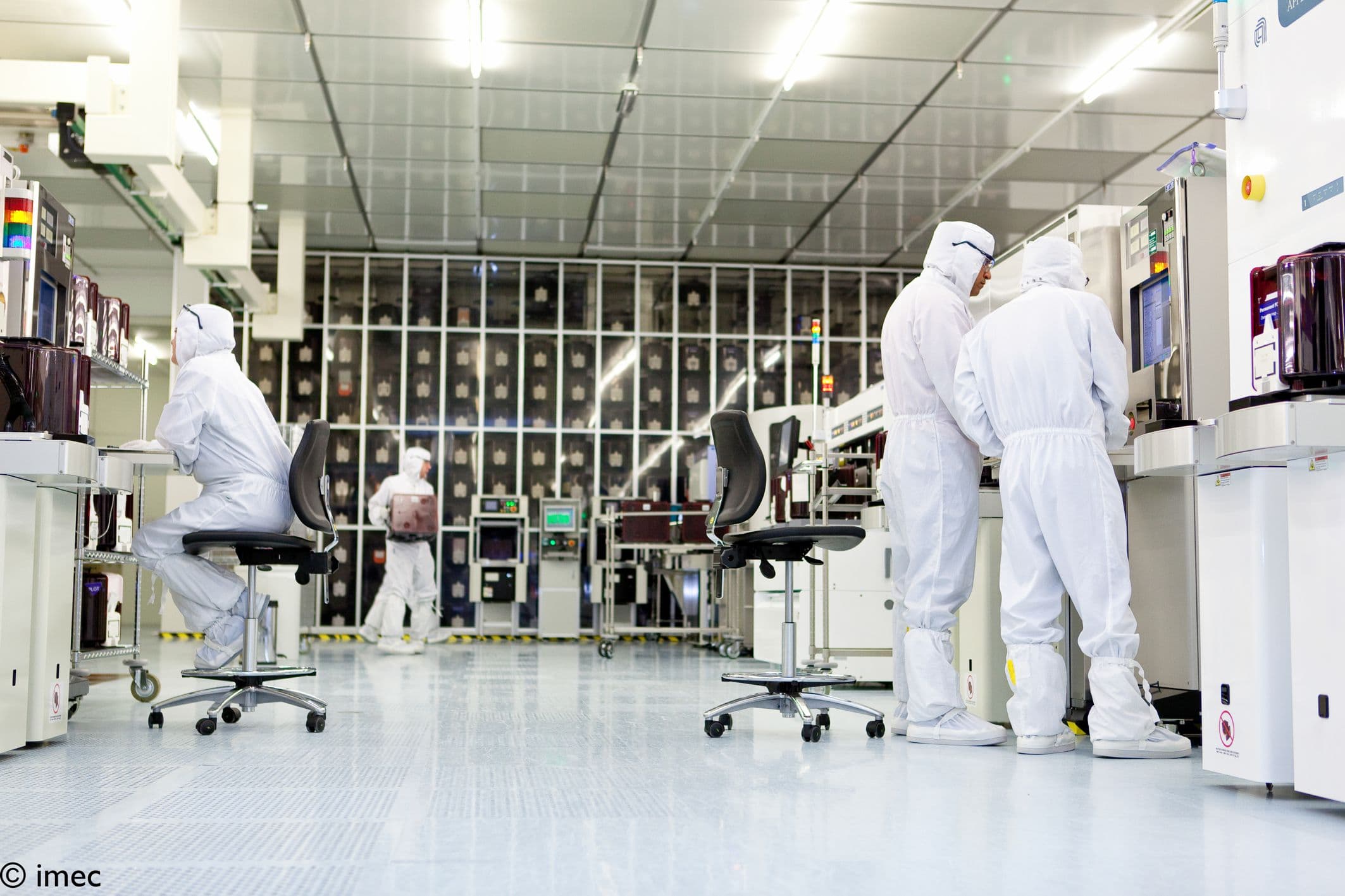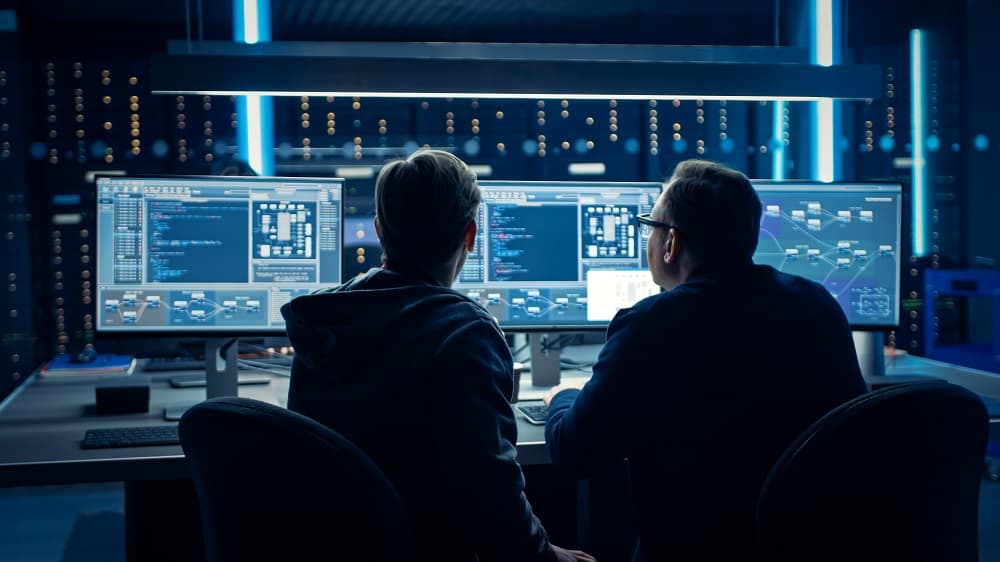“Technology and innovation must work together to benefit society. This month, we have a number of fine examples that illustrate this point.”
Technology can make our lives more fun – just think of Netflix, which makes personal suggestions to us for TV series and films, or the latest smartphones, or the latest trends in fitness trackers. But technology can also be put to good use in tackling issues that are more relevant for society as a whole. For example, the Flemish minister for Innovation, Philippe Muyters, this month released a budget to fund an ‘Internet of Water’ in Flanders. In this project, the quality of groundwater, surface water and treated wastewater is monitored constantly by 2,500 small, energy-efficient and wireless sensors. Based on current readings and supplemented by self-learning predictions of the major parameters involved, the system makes it possible for timely action to be taken, as and when necessary. And because all of the relevant partners are on board – the Flemish Environment Agency, Watergroep, Aquafin, VITO, imec and Vlakwa – this can make a real difference.
Our minister also made a large sum of money available for education this month to launch the i-Learn project. i-Learn is designed to make genuinely personalized learning possible in our classrooms. Researchers from imec and KU Leuven will conduct a study about the practical needs, while carrying out a thorough screening and critical evaluation of the solutions already in place, both at home and abroad. If necessary, new solutions will also be developed, which will then be made available free of charge via the i-Learn student portal.
The previous issue of imec magazine has demonstrated how technology can tackle loneliness in the city. The city is in the spotlight again this month: a new project is being launched, using artificial intelligence, to try and make the city more attractive. Because the smart city of tomorrow not only needs to be efficient, but we also need to keep discovering new things. But can technology really ensure that we actually go exploring more in the city or can it make us appreciate local traders more than we do now? I believe that this is possible if we take a new approach to artificial intelligence and allow social criteria to play a role.
In this issue of imec magazine you will also find out about the unique radar solution that monitors our health and enables us to communicate with machines. Our colleagues at IMO-IMOMEC (the imec research group at the University of Hasselt) have also done some “sparkling” research into the use of artificial diamonds for sensors, quantum computers and so on. And the research conducted by our BioMed colleagues (an imec research group at KU Leuven) about how mathematical models can help doctors and patients, looks very promising, too. Enjoy this issue!
Luc Van den hove,
President and CEO imec
Want to know more?
- Read the press release about the Internet of Water (only available in Dutch).
- Find out more about the i-Learn project in this press release (only available in Dutch).
- This article about loneliness among the elderly and how technology can be put to good use appeared in the April issue of imec magazine.
Published on:
2 May 2019







